Grant investigators: Chris Somerville and Heather Youngs
This page was reviewed but not written by the grant investigators. Drs. Donnino and Marik reviewed this page prior to publication.
The Open Philanthropy Project recommended a grant of $2,939,400 to the Beth Israel Deaconess Medical Center to support a multicenter clinical trial of a new therapy for severe sepsis, led by Dr. Michael Donnino of Harvard. Sepsis, most commonly the result of bacterial infection of the lungs or other organs, is a significant cause of mortality both in the United States and worldwide, resulting in an estimated 5.3 million deaths annually.1
The trial will test the utility of a therapy first described by Dr. Paul E. Marik and colleagues, which involved administering a combination of drugs that included hydrocortisone and thiamine with ascorbic acid to treat patients with severe sepsis.2 Dr. Marik’s treatment suggested significant improvements in outcomes, however the study was small and not randomized, and so the results are merely suggestive of impact. The new trial, led by Dr. Donnino with Dr. Marik as a co-investigator, is intended to more rigorously test the treatment through a larger, randomized study. If shown to be effective, we believe the treatment could be adopted relatively quickly around the world, as the necessary components are both inexpensive and readily available. We therefore view this funding as an opportunity to substantially accelerate the adoption of a potentially life-saving therapy.
We originally became aware of this opportunity through this blog post.3 We initially did not see an opportunity to accelerate progress because plans for other trials were underway. We chose to fund this trial despite the fact that other trials are planned because we believe that this trial is likely to be completed earlier than others, leading to swifter adoption if the treatment succeeds.
This grant falls within our interest in funding scientific research.
Sources
| DOCUMENT | SOURCE |
|---|---|
| Assessment of Global Incidence and Mortality of Hospital-treated Sepsis | Source (archive) |
| Hydrocortisone, Vitamin C, and Thiamine for the Treatment of Severe Sepsis and Septic Shock: A Retrospective Before-After Study, 2017 | Source (archive) |
| Otium Blog, Sepsis Cure Needs An RCT, April 2017 [archive only] | Source |
